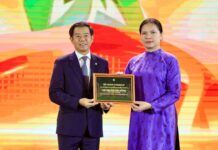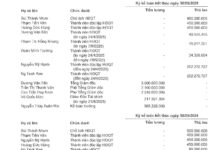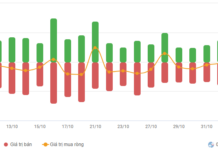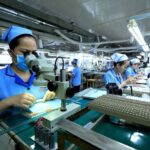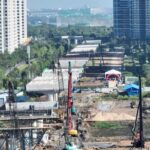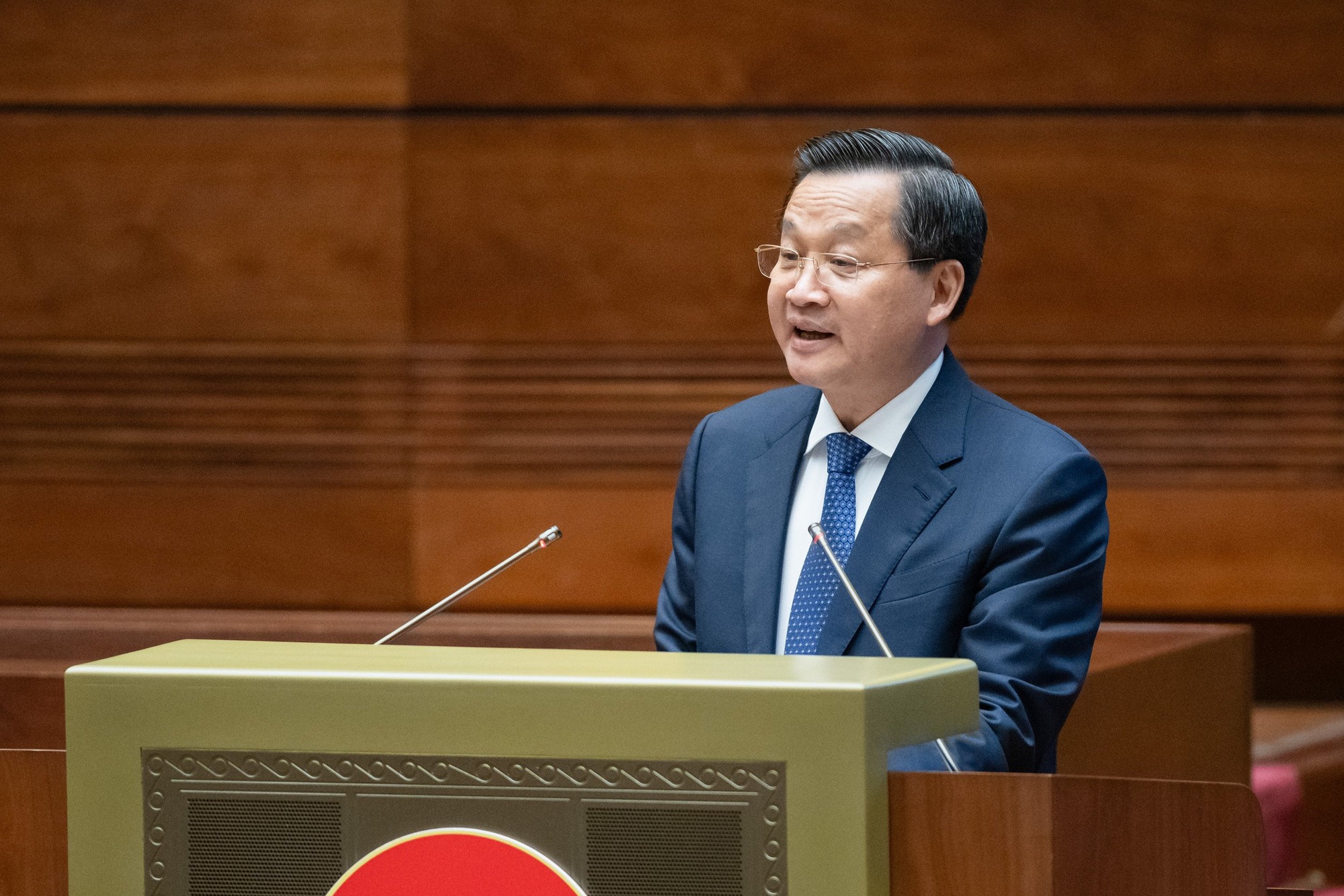
Deputy Prime Minister Le Minh Khai presents the report. Photo: Ho Long
On May 20th, at the opening of the 7th session of the 15th National Assembly, Deputy Prime Minister Le Minh Khai, on behalf of the Prime Minister, presented a supplementary report evaluating the results of the socio-economic development plan and the state budget in 2023, as well as the implementation of the socio-economic development plan and the state budget in the first months of 2024.
According to Deputy Prime Minister Le Minh Khai, in the first months of 2024, the macro-economy remained stable, inflation was controlled, and major balances were ensured. GDP growth in the first quarter of 2024 reached 5.66%, the highest in the period of 2020 – 2023; this is a significant achievement considering the numerous challenges faced by the economy. The consumer price index (CPI) averaged a 3.93% increase over the same period. Monetary policies were flexibly administered, and interest rates were reduced to support economic growth.
In the first four months of 2024, state budget revenue reached 43.1% of the estimate, an increase of 10.1%. Export turnover increased by 15%; with a trade surplus of 8.4 billion USD. Disbursement of public investment capital reached 17.46% of the plan, the highest in the last four years. Total registered FDI reached 9.27 billion USD, an increase of 4.5%, of which newly registered FDI reached 7.11 billion USD, up 73.2%. Many large corporations have committed to investing in Vietnam in the fields of electronics, chips, semiconductors, and renewable energy.
Regarding existing limitations and future challenges, Deputy Prime Minister Le Minh Khai affirmed that there remains significant pressure on macroeconomic management, especially in controlling inflation and adjusting interest rates and exchange rates. Credit growth remains modest, and global and domestic gold prices are volatile.
While economic growth has been positive, it still faces many challenges. Production and business activities of enterprises and people are encountering difficulties…
The real estate market is recovering slowly, and the progress of the VND 120,000 billion social housing loan package has not met requirements. The progress of some key transport infrastructure projects, especially expressways, has been slow, and land clearance has been challenging. Some mechanisms, policies, regulations, and administrative procedures remain overlapping and cumbersome, and amendments have been slow.
A portion of the population continues to face difficulties in their lives. The Deputy Prime Minister emphasized the Government’s determination to overcome these challenges and remain steadfast in achieving its set goals.
Regarding key tasks and solutions, the Deputy Prime Minister proposed 11 groups of tasks and solutions to be implemented in the coming time. These include prioritizing the promotion of growth in conjunction with macroeconomic stability, inflation control, and ensuring the major balances of the economy; coordinating closely, effectively, and harmoniously the policies for macroeconomic management.
Aggressively promoting the disbursement of public investment capital, using public investment to activate and lead private investment, and strengthening public-private partnerships. Focusing on resolving long-standing bottlenecks and inconsistencies; promoting decentralization and delegation of authority; and working towards ending the fear of making mistakes, avoidance, and passing the buck.
Synchronously implementing the conclusions and directives of the Politburo, the Secretariat, the Central Steering Committee for Anti-Corruption, Negative Phenomena Prevention, and the National Anti-Corruption Strategy, with the principle of “no forbidden zones, no exceptions.” Enhancing transparency in inspection and audit processes; strengthening the enforcement of civil and administrative judgments and the recovery of assets lost in corruption and economic cases.
Along with this, continuing to refine the administrative apparatus to ensure a clean, strong, effective, and efficient government; innovating the management of public services and civil servants, building a contingent of officials and employees with sufficient virtues, capacity, integrity, and dedication to serve the people; and implementing the new salary policy from July 1, 2024.
The Government will also complete regimes and policies to attract and make the best use of talents; encourage officials to be dynamic, creative, and daring to think, dare to do, and dare to break through for the common benefit; and overcome the fear of responsibility and the tendency to push tasks away.











